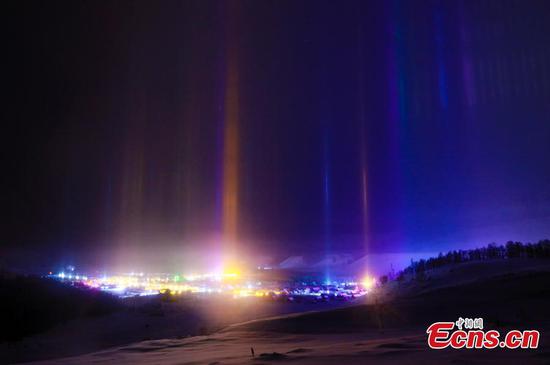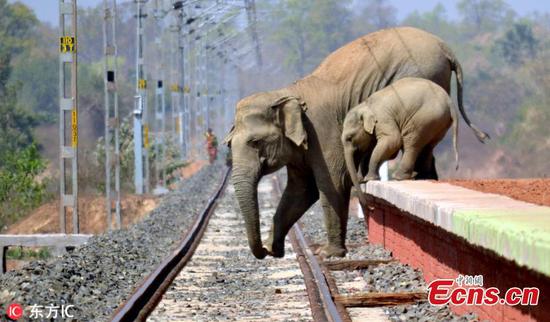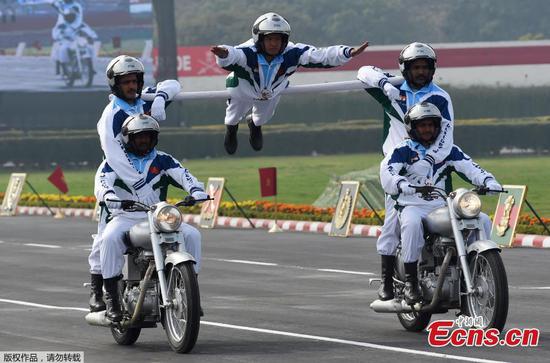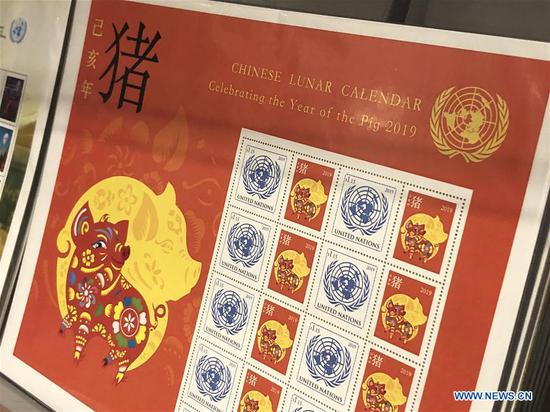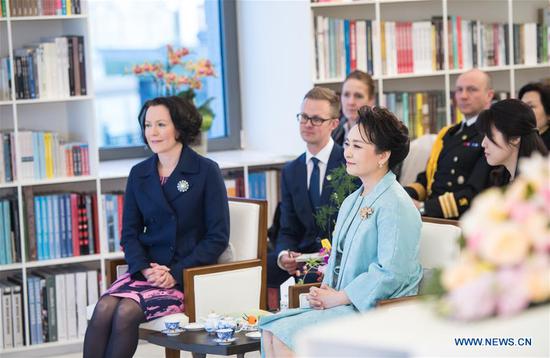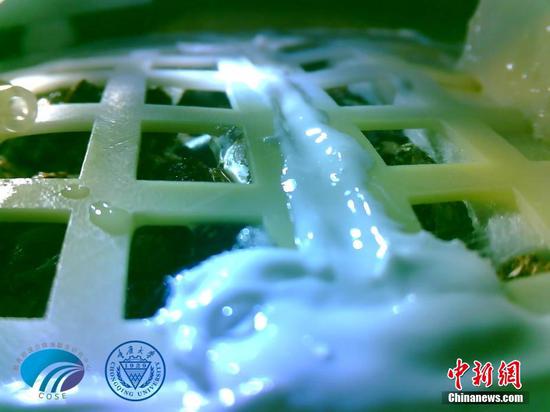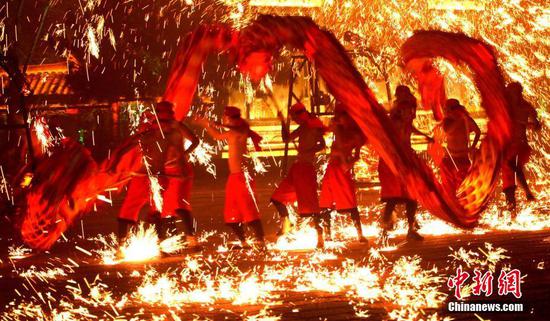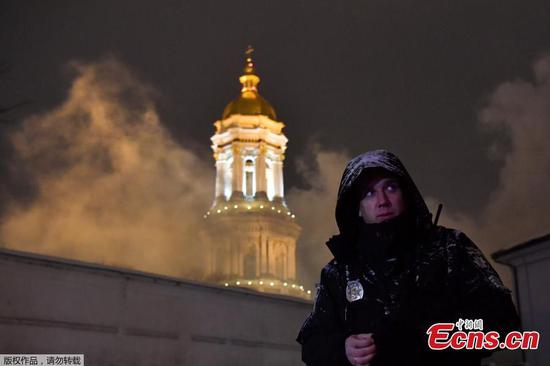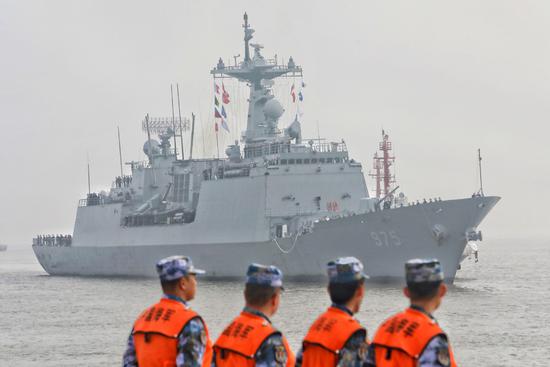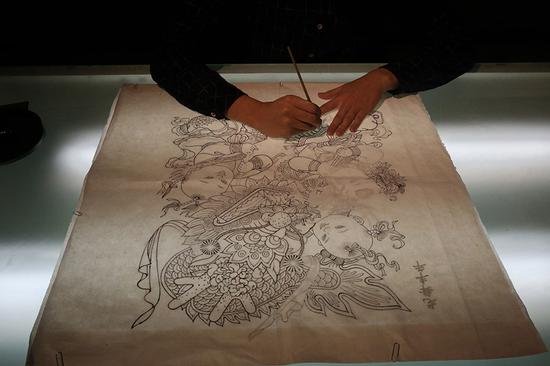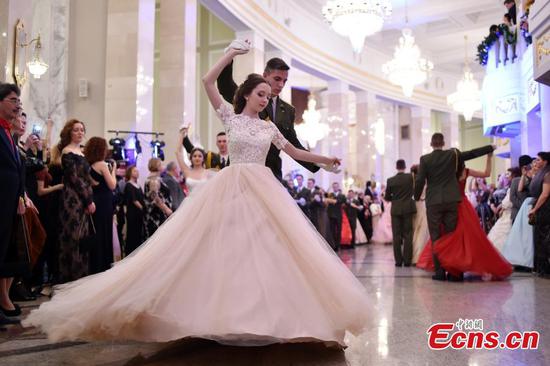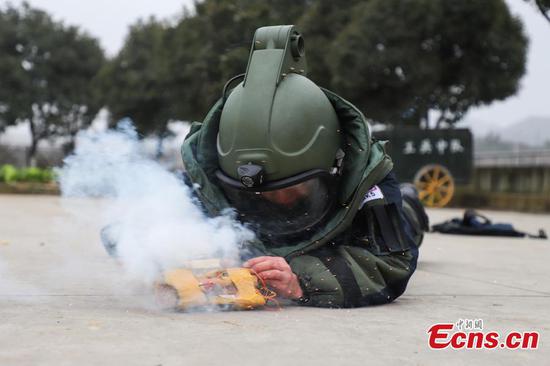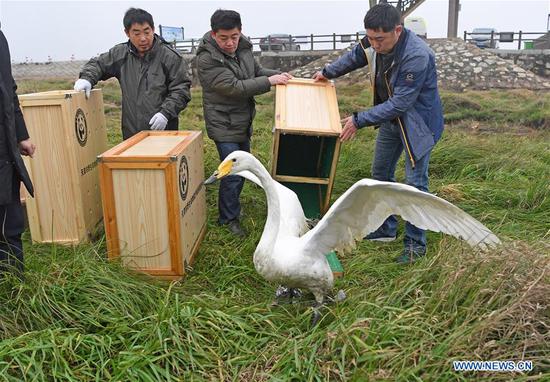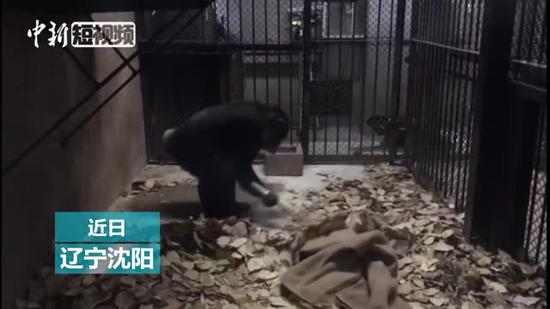'People on the two sides will not be fooled', mainland spokesman says
Taiwan's leader, Tsai Ing-wen, is deliberately conflating the 1992 Consensus with the principle of "one country, two systems" and is "misleading" residents of Taiwan, Ma Xiaoguang, spokesman for the Taiwan Affairs Office of the State Council, said on Wednesday.
The consensus is the common political foundation for the development of cross-Straits relations, he said, adding that it clearly defines the nature of those relations and indicates that both sides adhere to the one-China principle, he said.
"One country, two systems" refers to the institutional arrangement for Taiwan after national reunification, he said. In a speech earlier this month, Tsai said the 1992 Consensus amounts to "one country, two systems".
Confusing the two concepts further exposes the separatist position of some in Taiwan and their attempts to undermine cross-Straits relations, as well as seeking personal gain, by heightening confrontation and hostility between the two sides, he said.
"But I believe people on the two sides will not be fooled," he said.
Only when cross-Straits relations are good will Taiwan compatriots be better off, Ma said, adding that for those people and forces acting against the wishes of the people, a good cross-Straits relationship will not be a happy thing.
On Jan 8, the United States' National Security Council urged Beijing to stop its "coercion" by threatening use of force to compel reunification with Taiwan.
In response, Ma said the Taiwan question is China's internal affair and no outside interference is allowed.
"We are ready to strive for the prospect of peaceful reunification with the utmost sincerity and effort, but we will never tolerate Taiwan independence and reserve the option to take all necessary measures," he said.
"There is no such thing as threatening or oppressing the people of Taiwan by force," said Ma, who added that the United States should not play an irresponsible role in provoking the feelings of the people on both sides or send the wrong message to the island.
On Jan 2, in a speech commemorating the 40th anniversary of the "message to compatriots in Taiwan", President Xi Jinping affirmed the 1992 Consensus, which embodies the one-China principle.
Xi said China must be and will be reunified. He proposed that the principles of "peaceful reunification" and "one country, two systems" are the best approaches.
Tsai made a public speech later, declining the proposals.
Wang Yingjin, director of the Center for Cross-Straits Relations at Renmin University of China, said Tsai's administration is facing tough conditions, especially after the DPP's defeat in Taiwan's mayoral elections in November and Xi's speech on peaceful reunification.
Under the circumstances, she will be more willing to act as a pawn of the US to contain the Chinese mainland, and she sees the US as the only power that can be borrowed to resist reunification with the mainland, he said.
Wang said it is not hard to judge that the US-Taiwan relationship will be closer in the future, and that the US remains the most important external factor affecting the peaceful reunification of China.
In his speech, Xi did not renounce the use of force. One reason is interference by external forces, mainly the US, Wang added.











